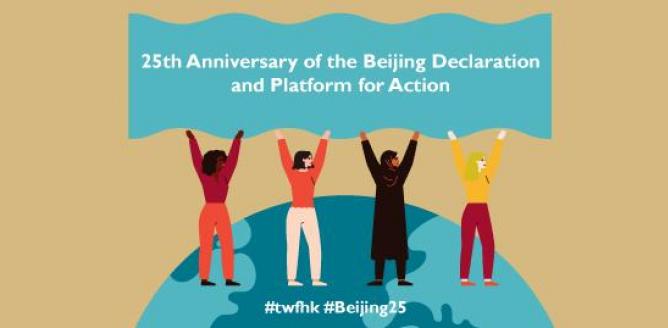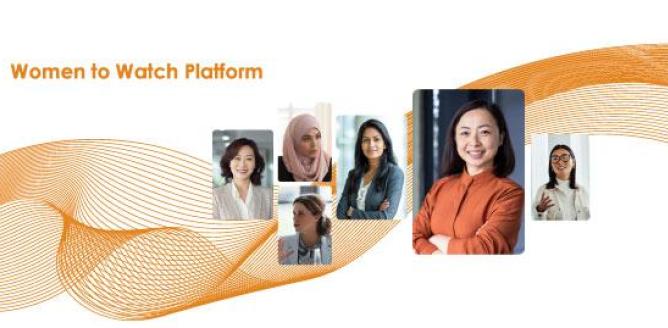“We must resist all challenges to the hard-won affirmation of what we know: that women’s rights are human rights – in their universality and indivisibility, and for all women, in their full and free diversity.” - Michelle Bachelet, United Nations Commissioner for Human Rights
Last Friday marked the 25th Anniversary of the Fourth World Conference on Women and the adoption of the Beijing Declaration and Platform for Action (BPFA) –the most comprehensive and progressive blueprint for the rights of women and girls around the world. How much have we progressed since then?
There have been significant global shifts towards closing the gender gap since 1995. Political representation is on the rise. We have seen improvements in education with estimates that, in this area, it will take only 12 years to reach gender parity, with health and survival close to parity as well. Child marriages are declining and we have witnessed half of the countries where female genital mutilation is ‘endemic’ introduce legislation to outlaw the practice. The #MeToo movement changed the conversation around sexual harassment and rape, and continues to unite and empower women around the world. Many organisations are taking action on the gender pay gap, with some countries such as the UK, enforcing legislation around the issue.
The opportunities and rights that girls and women in Hong Kong enjoy have also increased over the past 25 years although progress remains slow. The anti-discrimination ordinances, enacted in 1996, prohibits discrimination based on a person’s gender, marital status or pregnancy, among other issues but we know from the Equal Opportunities Commission’s study around the motherhood penalty that extensive discrimination still exists. Government departments are expected to apply a gender mainstreaming checklist in policymaking, but we haven’t seen that always translate into gender sensitive responses. This year, statutory maternity leave was extended from 10 weeks to 14 which is now in line with the international standard but still well below regional neighbours like Singapore that offer 16 weeks. HKEX now requires companies seeking to list on the stock exchange of Hong Kong to take measurable steps to achieve board gender diversity. But the fact remains that only 13.7% of listed board directors are women in a city teeming with talent. Businesses have significantly bolstered their work on diversity and inclusion to strengthen the pipeline of female talent in our city. Female participation in the labour market has been gradually increasing, albeit at a lower rate than men. The gender pay gap, gendered expectations around child and elder care, and pervasive gender stereotypes all contribute to this low number.
Additionally, COVID-19 has adversely impacted some of the fragile progress we have made. Among areas most affected, domestic violence rates have drastically increased and we are facing a global recession which will disproportionately affect women – both of which are global issues that resonate here in Hong Kong.
At TWF, the Beijing Platform for Action is an important piece of our history. We modelled our first piece of research examining the 12 areas laid out by this framework. The research findings informed our three main goals, and from these we developed our programmes, initiatives and advocacy work.
The last 25 years have seen much hard work and progress on these issues. Let’s continue to drive forward that change. Let’s make 2020 a new milestone - a turning point for the accelerated realisation of gender equality and the empowerment of all women and girls in Hong Kong.
Get in touch at Fiona.Nott@twfhk.org.





















